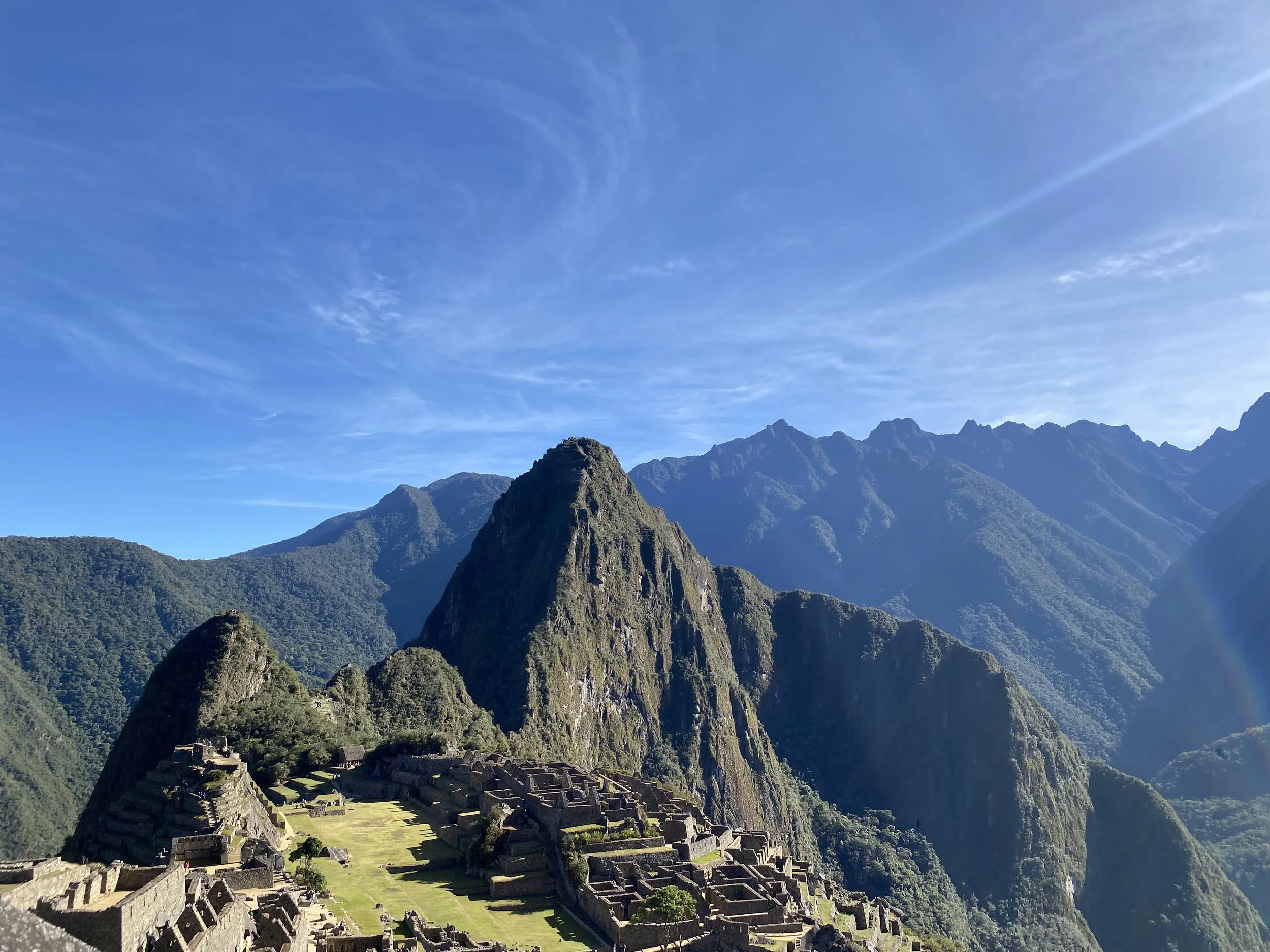Seven Lessons Learned in Peru
I went to Peru as part of the field study portion of the NEA Foundation’s Global Learning Fellowship. I landed in Lima at midnight and while quite a few of the other fellows traveling from more moderate climates were shivering outside. The night air felt like a fall September evening back in Northeast Ohio. It felt good to be out of an airplane and heading away from an airport.
After a bit of a delay, we boarded our bus and from there it was a nonstop itinerary until we were dropped off back at the airport ten days later.
It’s hard to put into words how beautiful Peru is or how rejuvenating it was to my career to be with fifty other like-minded educators to commiserate, swap stories, and laugh. Amid boarding buses and more planes, and adjusting to the altitude difference, I learned a few things along the way.
We were on a bus (again) and heading high into the Andes Mountains. It was the highest altitude of our trip so far at over 13,000 feet. We visited a small farming community to see how they lived and worked. It was here and with these humble, hardworking, and generous people that field study really began.
Lesson I won’t forget; lessons I learned in Peru
Share what you have. Pachamama is Quechua for Mother Earth. In this remote community, the villagers couldn’t survive without one another. They honored Pachamama by pouring some of their tea on the ground before drinking it.
Live by the code: I help you today. You help me tomorrow. We saw firsthand that in the Andes Mountains, it’s impossible to be a lone wolf. The communities depended on one another.
There are no strangers in Peru, only brothers and sisters. The Quechua people often greeted each other as hello brothers, hello sisters because they are all family.
Pursue your dreams (no matter how long it may take). On the day we were supposed to make a school visit and couldn’t because of Covid, our tour guides switched plans and brought us to cooking class in Lima. At Sky Kitchen, we learned about different fruits and dozens of potatoes that are unique to Peru. Our group of almost fifty teachers was the largest cooking class they had hosted. They made it work. In two shifts, we made ceviche, lomo saltado, picarones, and pisco sours. At the end of the day, we took pictures, and the owner shared his story. He was originally from Germany and the day before our schedule changed, he had found out he was granted citizenship in Peru after eleven years of working and living there. He cried. We cried. It was so beautiful to be a small part of dreams coming true.
We are all Chaska. In Quechua, Chaska is the word for stars. Months before arriving in Peru, I would go out walking to prepare for the trip. I looked for hikes with hilly terrain and I found a park that had a two-mile walking path that went up a hill. Walking at sea level does not prepare you for the higher elevations of Machu Picchu. I knew I wanted to make it to the top, but I wasn’t sure I could physically do it. They split us into groups based on speed. I went with the group that was going to be slow, but we all wanted to make it to the top. We began the ascent and every time we would take a break to catch our breath or hike up another portion of the Inca trail, our local tour guide would say, “Let’s go, Chaska.” My group was huffing and puffing and red in the face and he was calling us stars. We sometimes forget that we can do hard things. Sometimes the hard things are physically hard like walking to the top of Machu Picchu. Sometimes, the hard things are returning to school with a fresh look at the same old problems. Either way, we are all stars. Our students are stars. We can’t forget about it.
Share the energy. The entire purpose of Machu Picchu is to share its energy with others. People go up there to witness one of the great mysteries of the world. Some people go up there to check something off a bucket list or to find something inside of them that they didn’t know they had. Either way, it’s energy. We returned from coming down off the mountain and we celebrated with pizza and cerveza giddy with excitement of what we had accomplished.
It’s not goodbye. It’s see you around. Peruvians don’t say goodbye. They say see you around. I don’t know if I’ll ever return to Peru, but I won’t forget the lessons I learned there.

